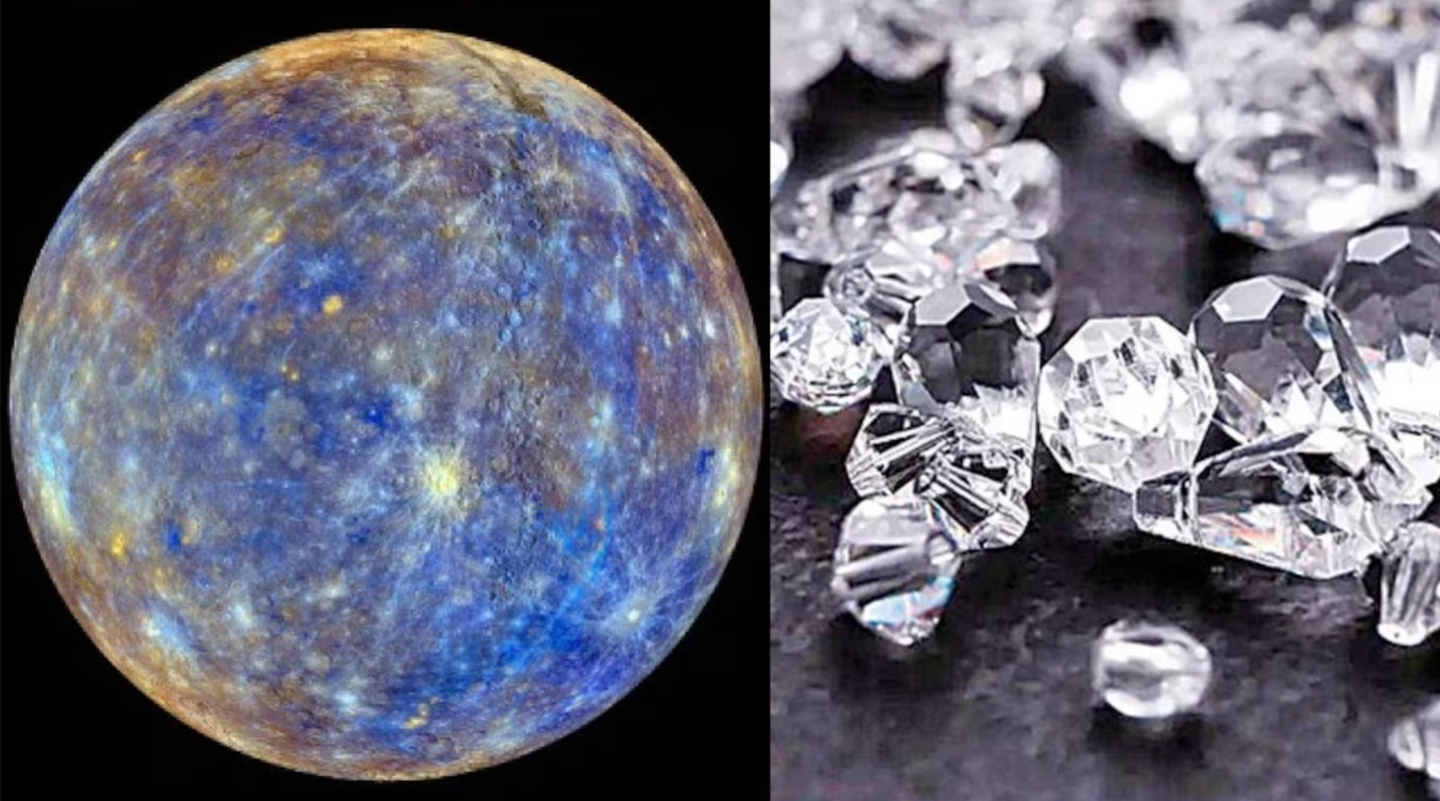Scientists discover the surprising cause of itchy skin
Previous research has predominantly focused on the role of the immune system and inflammation in generating itchiness

While previous research has predominantly focused on the role of the immune system and inflammation in generating itchiness, a groundbreaking study has shed light on a different culprit: bacteria. (CREDIT: Creative Commons)
If you've ever experienced the maddening sensation of itchy skin, you're not alone. Many of us have wondered what might be causing this incessant urge to scratch. While previous research has predominantly focused on the role of the immune system and inflammation in generating itchiness, a groundbreaking study has shed light on a different culprit: bacteria.
In a recent report published in the journal Cell, scientists reveal how a specific bacterium, Staphylococcus aureus, can release an enzyme that triggers itching sensations, providing new hope for potential treatments for common skin conditions like eczema.
Isaac Chiu, a researcher at Harvard Medical School who specializes in studying the interactions between microbes and nerve cells, spearheaded this innovative investigation. Chiu notes that skin conditions such as eczema, also known as atopic dermatitis, affect a significant portion of the population, with approximately 20% of children and 10% of adults experiencing its symptoms. However, the exact cause of chronic itchiness in these conditions has remained elusive until now.
Chiu's earlier work had highlighted the ability of bacteria to directly affect nerve cells, causing pain. This insight prompted him to question whether microbes like Staphylococcus aureus might also play a role in triggering itchiness.
Related Stories:
Chiu states, "So this made us ask: Could certain microbes like Staphylococcus aureus also particularly be in some way linked to itch? Is there a role for microbes in talking to itch neurons?"
To investigate this hypothesis, Chiu and his team conducted experiments on laboratory mice, applying Staphylococcus aureus to their skin. The results were striking, as the mice exhibited vigorous scratching behavior that led to skin damage extending beyond the initial exposure site. This observation raised the question: Could a specific enzyme released by the bacteria be responsible for this itch-inducing effect?
Further experimentation revealed that a bacterial enzyme called protease V8 was indeed the key player. This enzyme, when released by Staphylococcus aureus, activated a protein present on nerve cells in the skin. The activation of this protein generated nerve signals interpreted by the brain as itching sensations. Liwen Deng, a researcher at Harvard Medical School, emphasizes, "Our study is really the first to show that the microbe can directly activate itch neurons and cause itch."
Remarkably, this protein is also found on certain blood cells and is involved in blood clotting. As serendipity would have it, an FDA-approved anti-clotting medication could effectively block the activation of this protein on skin neurons.
Deng remarks, "We treated them orally with the drug, and it completely blocked the itching and scratching that we normally observe when we apply bacteria to mice." This discovery opens the door to the possibility of developing topical medications or skin creams containing this drug to alleviate itchiness in affected individuals.
Graphical Abstract: Staphylococcus aureus, a bacterial pathogen associated with itchy skin diseases, directly activates pruriceptor sensory neurons to drive itch. (CREDIT: Cell)
The significance of these findings has not gone unnoticed in the scientific community. Brian Kim, a dermatologist and researcher at the Icahn School of Medicine at Mount Sinai in New York, who has previously investigated the immune factors responsible for itching, describes the research as "amazing."
In the past, some dermatologists have resorted to treatments like diluted bleach baths or oral antibiotics, targeting Staphylococcus aureus in the hopes of alleviating itching symptoms. Kim underscores the desperation among patients who suffer from these conditions, highlighting the uncomfortable and often debilitating consequences of constant scratching, which can lead to skin damage, disrupted sleep, and feelings of embarrassment.
The revelation that bacteria can directly induce itching sensations offers a fresh perspective on the underlying causes of itchiness. Kim suggests that this discovery may not be limited to Staphylococcus aureus alone, raising the possibility that other bacteria residing on the skin could also interact with nerve cells and contribute to itching.
A future treatment strategy targeting specific molecules responsible for itchiness could provide a more precise and less invasive approach that avoids harming beneficial bacteria residing on and within the body.
The researchers also speculate about why certain bacteria might have evolved to provoke itching in their hosts. One theory suggests that inducing scratching behavior could help these microbes spread to other individuals or different areas of the host's body.
Alternatively, scratching might create micro-injuries in the skin, providing an advantageous environment for bacteria to establish themselves. Deng comments, "We're not actually sure why Staphylococcus aureus would want to be inducing an itching response and whether it's beneficial for the microbe. We're really interested in testing that."
Despite itching being a common phenomenon, it remains somewhat of an enigma for scientists in terms of its precise mechanisms. Deng concludes, "We think that we've kind of identified a new way to think about what causes itch and how we can potentially treat it."
The discovery of bacteria's direct involvement in inducing itchiness opens up exciting avenues for future research and offers hope for the development of more targeted and effective treatments for those who suffer from chronic skin conditions characterized by relentless itching.
For more science and technology stories check out our New Discoveries section at The Brighter Side of News.
Note: Materials provided above by The Brighter Side of News. Content may be edited for style and length.
Like these kind of feel good stories? Get the Brighter Side of News' newsletter.



